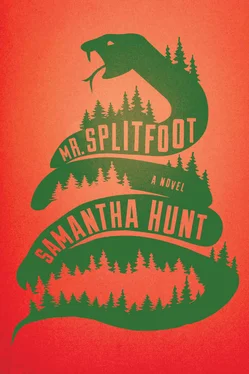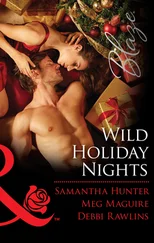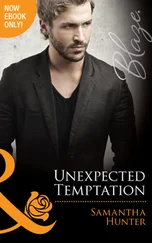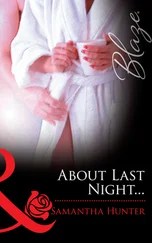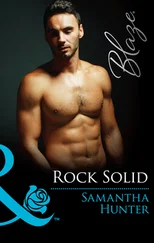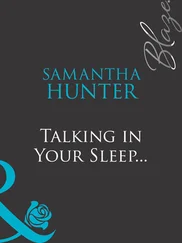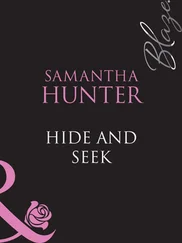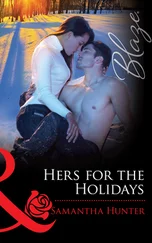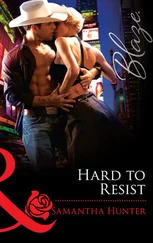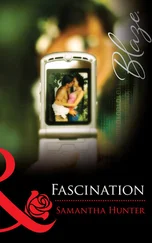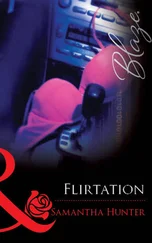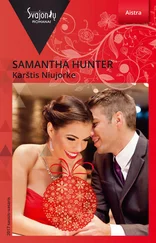HE PUSHES UP TO SITTING.“Ouch.” Mr. Bell grabs his arm. Blood darkens his sleeve. “That’s a bit sore, Mardellion. And not entirely fair.” The tiny bombs that parents bury under their child’s skin take years to explode.
Zeke aims again.
“No!” Ruth screams. “No.”
Mr. Bell breathes heavily. “Run, Ruth. Get out of here. What’s he going to do? Shoot his own son?”
“I just did.”
“Step onto the shore,” Ruth tells Zeke. “Let me attend to him first, and then I’ll get your money.”
“What freaking tenderness.” Zeke smiles. “You’re lucky, Carl. ‘337 A solid house and wealth comes from your parents but a prudent wife comes from above.’” As if numbering the verses makes them unchangeable, unquestionable plotted points on a map, meteorites that land along the shores of a canal, instead of random rocks, mistakes, and drunken mothers, winding up wherever they choose. Zeke waves Ceph’s gun up to the sky, one finger in the trigger guard. He lifts his empty palm with a crooked arm, a mockery of surrender. He backs his way onto the shore.
Ruth goes to Mr. Bell. She inspects the wound, imagining she’ll look through his body straight into the lake and all the way down, one thousand feet in dark liquid. His blood makes a mist in the cold air. “Are you OK?”
“I’m so sorry.” Mr. Bell breathes heavily. “Believe me. Please.”
She ministers to him. Her mouth is open. “Shh.” She swabs blood with her shirt and some spit, some of the freezing lake slush.
“Believe me,” he says again.
She strokes his face. “I think I’m done believing.” Ruth sits on the ice, cross-legged, freezing, wasted. She drops her arms open so Mr. Bell can rest in her lap. “Come,” she pulls his head into the cradle of her legs, and there she curves her body over to protect him, looking to the darkness between them. She sees stars. She sees Nat. She sees Mr. Splitfoot. Help us, she asks them all, asks them hard. Help us, Nat. Her shoulders curl. She covers Mr. Bell with what she feels, grave love, a synapse. He is hers. He breathes into her damply, through her, as if they could fall into one another. The lake takes on the heat between them, between the distant planets. Steam and stew. You, it says, and you, activating a crack as swift as any gunshot, as swift as, say, a meteor that traveled across time and space to crash into this remote, accidental mountaintop lake in the Adirondacks. The ice opens up. The lake swallows two humans in love without knowing or caring, loathing judgment if the lake could loathe, if the lake could judge.
Underwater Ruth’s lungs despise the cold. They spasm. She screams for Nat to help her, but something happens to sound underwater.
If Zeke, alone now, stunned far further than stupid, calls for them, pleads mercy, they don’t hear it. If he drives the Father’s absurd truck like a blind maniac down the twisted, snow-covered road, crossing the river chasm or maybe plunging into it, they don’t hear because under the water the sky is ice, darkening with their descent blue to black and places beyond.
Mr. Bell holds her in his good arm, fighting for the surface using all the life he has inside to continue living. And Ruth holds Mr. Bell. They fall. The water is frigid and Ruth never could swim. Down, down, his boots, her hair tangled in his. The deepest lake in the Adirondacks is made by men and full of enough mystery to betray all humankind. There’s water in their lungs. Mr. Bell holds her now and afterward. There’s water in their ears and a voice warm as a mother’s should be. They fall toward the voice, through the deepest lake in the Adirondacks. “When you were a baby,” the voice says, “you used to point at birds.” The gesture of their hands entwined, reaching up through their descent, clawing for the disappearing surface, could be misconstrued as fingers pointing out a goldfinch on a branch, a red cardinal nosing the grass for some seeds.
Later that night the lake freezes, sealing the scar under a dusting of snow.
Later still, days, maybe weeks, two crows fly past without even stopping. They were living. They are dead. We will change them into cedars. We know that this is impossible.
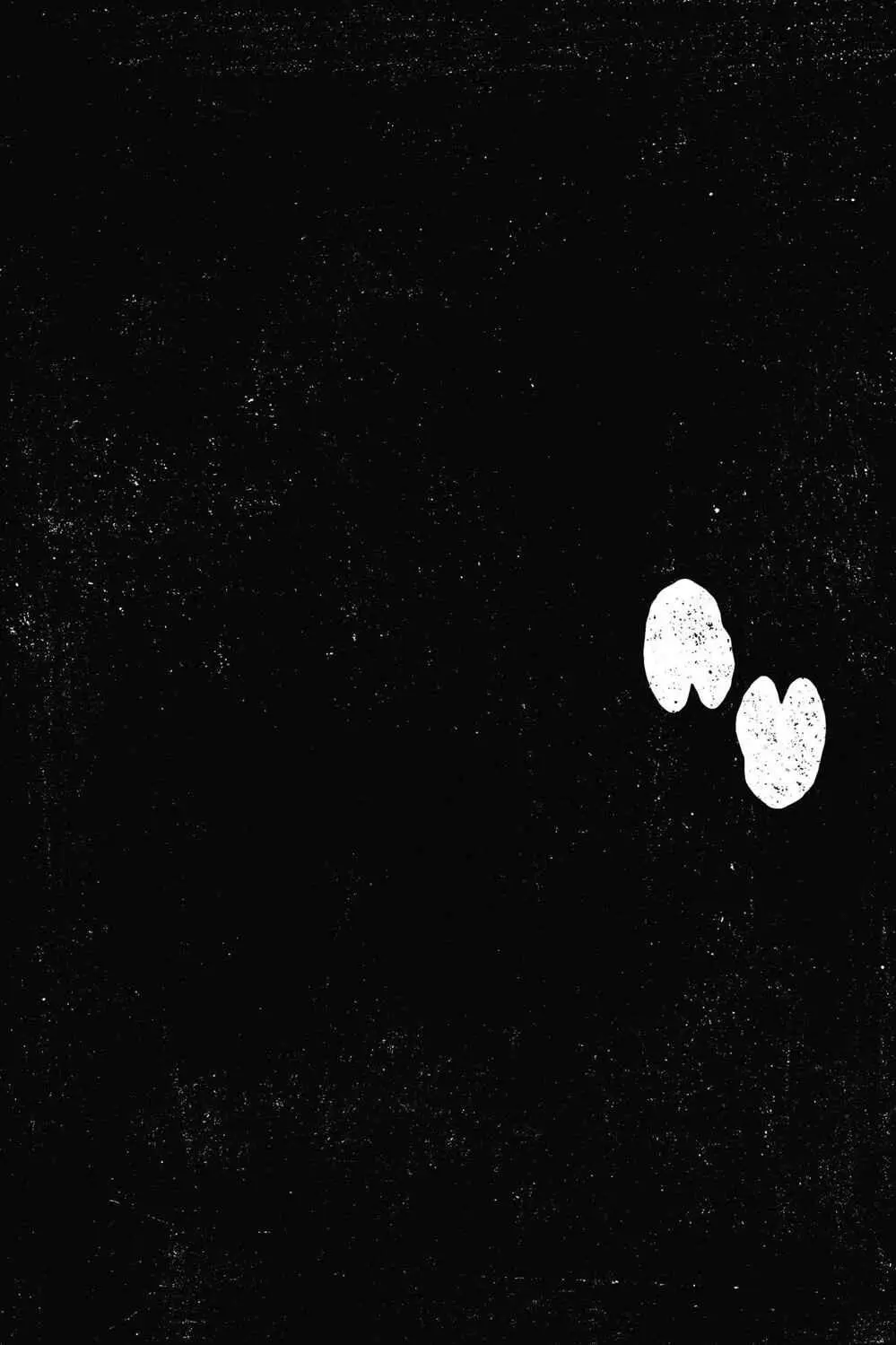
IT’S A SHORT SONG.Chuck Berry finishes and the contraction releases me.
“Time to go,” Nat says.
“Where?”
“Whatever you want, Cora. A movie? A baby?” Nat helps me move slowly down the attic stairs, down the main stairs. He speaks softly in my ear. “It’s going to be fine. A healthy, beautiful baby.”
Nat is the first person to tell me that. He holds my hand. He grabs the box of money and car keys. He carries the box with us as if it were the suitcase he and I had carefully packed and planned for over nine months, nine years, ninety decades, and life, happy, happy life, is about to begin for us here on Earth.
Upstairs the golden record is still spinning, sending messages off to Mars, to M82, M87, and the Magellanic Bridge.
I readjust my grip on Nat, braiding our fingers. “Ready?” he asks again.
“Yeah.”
We step outside and there she is. Standing by the edge of the lake, Ruth looks out across the water, her long dark hair.
“Ruth,” he calls, and she turns. Nat sees her again, his sister. All the years he thought Ruth was dead. Now he knows she is because she lifts one hand to us, a wave hello, goodbye, gentle, like a window thrown open onto everything kind and good that Ruth always was.
Her other hand holds a box, the same box Nat is holding, weathered old cardboard. Her box is a twin, a sister, only hers is empty now. She smiles, so pleased to see Nat and me together at the end. She lifts the sun off the water, all of it. She gives Nat the things they once had to share, breath, life. She doesn’t need those things anymore.
“Ruth,” I call, as if I could stop her now, keep her here for myself. She smiles and her raised hand strikes a blinding flash, a brilliant light, bright enough to fool us into thinking it’s a trick of the sun off the water. In that flash we lose sight of her for a moment, and when we see her again, Ruth is walking into the lake, returning to the water forever this time. She starts death again at the place where she died, this highest lake that runs down so many mountains into so many streams and rivers and seas, the great network, the water that brings her back to us. The box Ruth holds fills with the deepest lake in the Adirondacks.
“Ruth,” Nat says again, but the flash clears and Ruth is gone back to Bell and the lovely depths, delighted by every star twinkling around her. Ruth was living. Ruth was gone. Ruth came back because she loved us. We make our way down to the shoreline. The hoodie Ruth borrowed from me so long ago, a world away, is on the sand of the bank, half buried, half in the water, because every story is a ghost story, even mine. Tiny waves rock the shore. We stare out at the place where Ruth disappeared, and in the lake I see the underwater path, the barely road of stones and bones the dead sometimes follow.
Something is happening inside. I kneel in the shallow water, splashing Ruth onto this child as if I might collect all of her, a book of everything. Twenty-six letters, twenty-three pairs of chromosomes, one hundred eighteen elements so far. I splash the water onto my baby. I collect this world. “Hello,” the record says upstairs. “Hello from the children of planet Earth. Hello. Hello?” The beats and static, the clicks and clacks of a woman thinking hard about falling in love across space and time, across death. The way a mother whispers to her child. The way an old man sings, a record of lives lived. Nat holds on to me, kneels beside me. The Earth moves a thousand, a million miles per hour through space. “Cora,” he says my name. We look out at the deep lake long enough for me to see what it took a journey to see. Ruth came back because the living need the dead. My belly squeezes. Nat tightens his fingers in mine, and for now I sweat human things, mysterious human things I don’t understand. I feel her go. I feel what I don’t even believe in: astonishing eyeballs, fearful symmetries, fingernails, ghosts, babies. I feel this life about to begin, this little girl, this little boy. Hello. Hello. Hello.
Читать дальше
